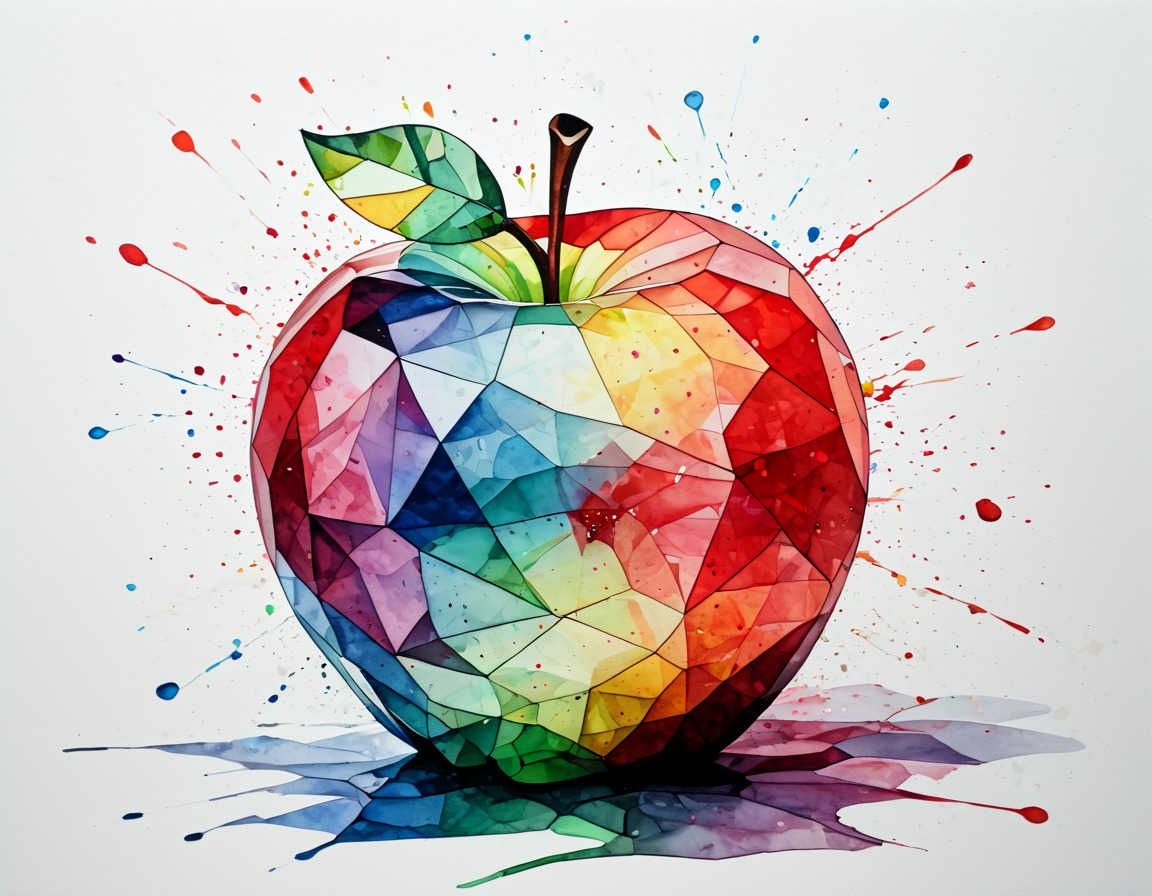Healthy living doesn't have to be boring but most people rotate the same 14 meals month after month because they get stuck in a rut and then wonder why they turn into Jeckle and Hyde and go on a rampage of binge eating.
As a nutritionist, I often meet clients who come to me feeling defeated. They’ve tried everything: calorie counting, cutting out carbs, sugar detoxes, clean eating challenges — you name it. They carry with them a silent guilt when they “slip up” or eat something “bad.” Somewhere along the way, they’ve internalised the idea that eating perfectly equals eating healthily. And I want to gently challenge that idea.
Let’s be clear: perfect eating isn’t real, and more importantly, it’s not the same as healthy eating.
The illusion of Perfection
We live in a world that glorifies extremes — the sugar-free, gluten-free, dairy-free, fun-free approach to food. Social media reinforces this, showing picture-perfect plates with #cleaneating hashtags and rules around “good” vs. “bad” foods. Whenever I speak with a client about the right foods for blood sugar control or weight management I steer clear of using language like “good foods, bad foods, naughty foods,” because food should never be demonised. It contributes to developing a negative relationship with food and eating that fosters destructive behaviours.
Food is sustenance. It nourishes our bodies and to some extent our minds. But perfection with food isn’t sustainable. It leads to rigid thinking, anxiety around eating, and a loss of joy in the very thing that’s meant to nourish us. Food is not just fuel — it’s also culture, celebration, emotion, and connection.
What Healthy Eating Actually Looks Like
Healthy eating is flexible, forgiving, and balanced. It doesn’t mean eating kale every day or never touching a piece of cake. It means:
• Listening to your hunger and fullness cues
• Choosing foods that make your body feel good AND your soul happy
• Eating a variety of foods, including those that are joyful and nostalgic
• Allowing space for celebration meals, comfort foods, and spontaneous treats
Most importantly, healthy eating includes compassion — towards your body and your choices.
Progress Over Perfection
Your health journey doesn’t need to look like a straight line, and you don’t need to have a flawless food diary to be making progress. One meal, one snack, one day does not define you — your consistency and mindset over time do. I’m reminded of the saying: “One unhealthy meal won’t make you gain weight, just as one healthy meal won’t make you fit.” True health comes from what you do consistently, not occasionally. Maintaining a healthy body isn’t a final destination — it’s a lifestyle. Progress is built through steady, sustainable habits, not perfection. In the end, showing up for yourself regularly will always take you further than aiming to get it "perfect."
If you’ve been caught in the trap of trying to eat “perfectly,” give yourself permission to let go. Food freedom is found not in control, but in connection — to your body, to your values, and to a more balanced way of living.
Remember: you don’t need to be perfect to be healthy.
If this message resonates with you, I invite you to explore more about building a positive, sustainable relationship with food at SecretWeightLossTips.co.uk. You’re not alone — and you don’t have to navigate this journey in silence.
